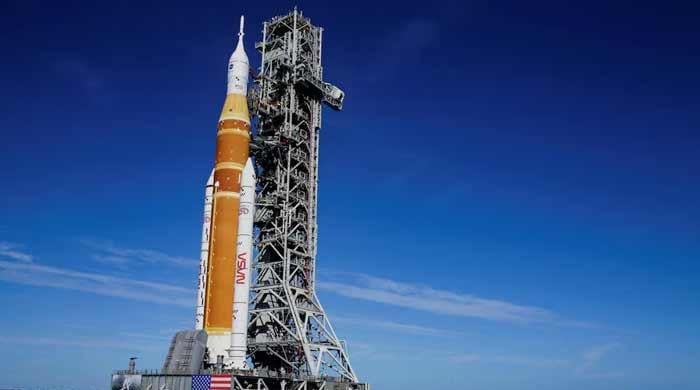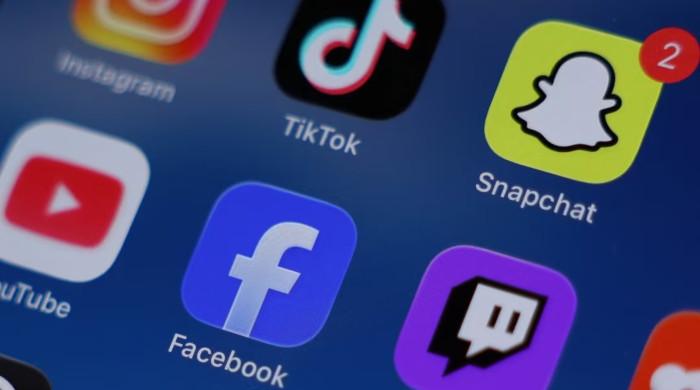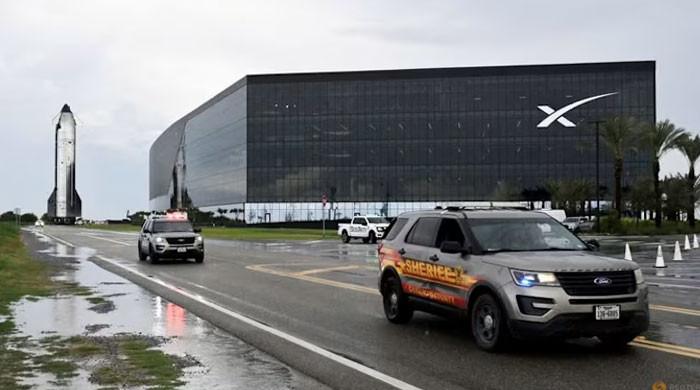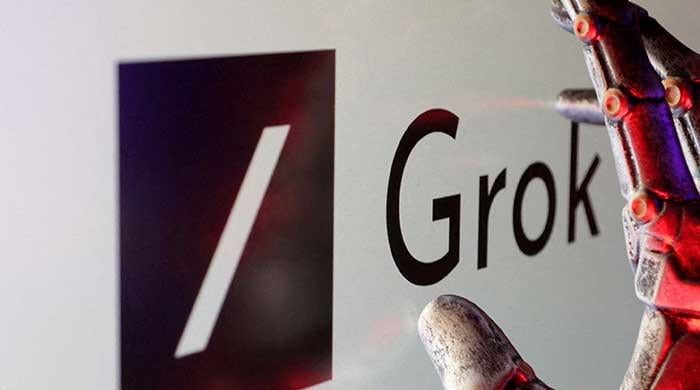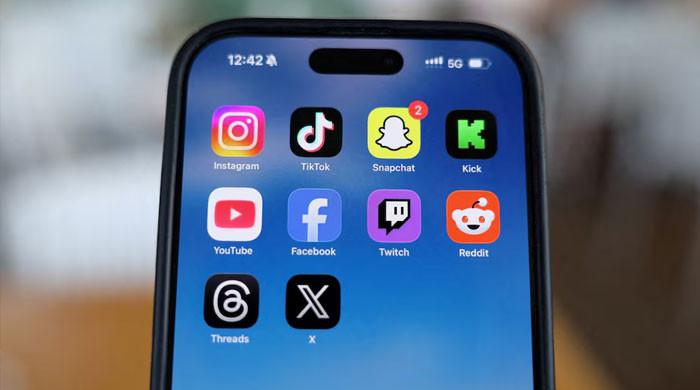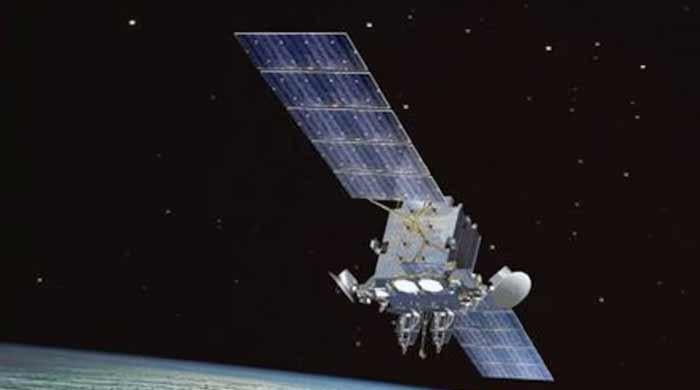Starlink suffers rare global outage after software failure
Starlink service mostly resumed after 2.5 hours, says Michael Nicolls, Starlink’s vice president of Engineering
July 25, 2025
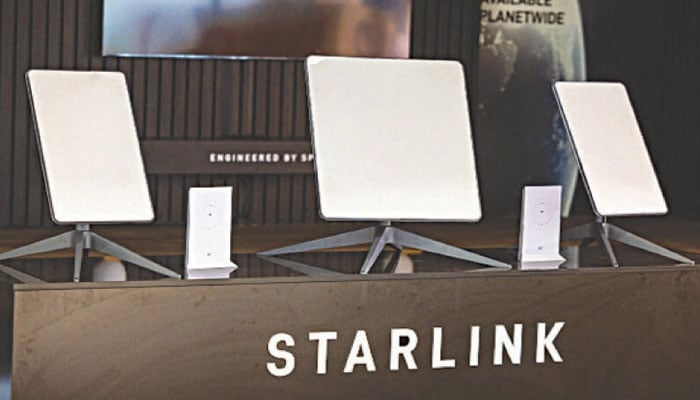
WASHINGTON: Elon Musk’s Starlink internet service went down across large parts of the world on Thursday, leaving tens of thousands of users offline.
The rare global outage was caused by a failure in the system’s internal software.
The service, which usually runs smoothly, faced a 2.5-hour blackout before engineers got things working again.
Starlink apologised and promised to fix the problem to stop it happening in future.
Users in the US and Europe began experiencing the outage at around 3 pm EDT (1900 GMT), according to Downdetector, a crowd-sourced outage tracker that said as many as 61,000 user reports were made to the site.
Starlink, which has more than 6 million users across roughly 140 countries and territories, later acknowledged the outage on its X account and said “we are actively implementing a solution.”
Starlink service mostly resumed after 2.5 hours, Michael Nicolls, Starlink’s vice president of Engineering, wrote on X.
“The outage was due to failure of key internal software services that operate the core network,” Nicolls said, apologising for the disruption and vowing to find its root cause.
Musk also apologised: “Sorry for the outage. SpaceX will remedy root cause to ensure it doesn’t happen again,” the SpaceX CEO wrote on X.
The outage was a rare hiccup for SpaceX’s most commercially sensitive business and had experts speculating whether the service — known for its resilience and rapid growth — was hit by a glitch, a botched software update or even a cyberattack.
Doug Madory, an expert at the internet analysis firm Kentik, said the outage was global and that such a sweeping interruption was unusual.
“This is likely the longest outage ever for Starlink, at least while it became a major service provider,” Madory said.
As Starlink has gained more users, SpaceX has focused heavily in recent months on updating its network to accommodate demand for higher speed and bandwidth.
The company, in a partnership with T-Mobile, is also expanding the constellation with larger, more powerful satellites to offer direct-to-cell text messaging services — allowing mobile phone users to send emergency texts through the network in rural areas.
SpaceX has launched more than 8,000 Starlink satellites since 2020, building a uniquely distributed network in low-Earth orbit that has attracted strong demand from militaries, transportation industries and consumers in rural areas with poor access to traditional, fibre-based internet.
“I’d speculate this is a bad software update, not entirely dissimilar to the CrowdStrike mess with Windows last year, or a cyberattack,” said Gregory Falco, director of a space and cybersecurity laboratory at Cornell University.
An update to CrowdStrike’s widely used cybersecurity software led to worldwide flight cancellations and affected industries around the globe in July last year. The outage disrupted internet services, impacting 8.5 million Microsoft Windows devices.
It was unclear whether Thursday’s outage affected SpaceX’s other satellite-based services that rely on the Starlink network. Starshield, the company’s military satellite unit, has billions of dollars’ worth of contracts with the Pentagon and US intelligence agencies.






